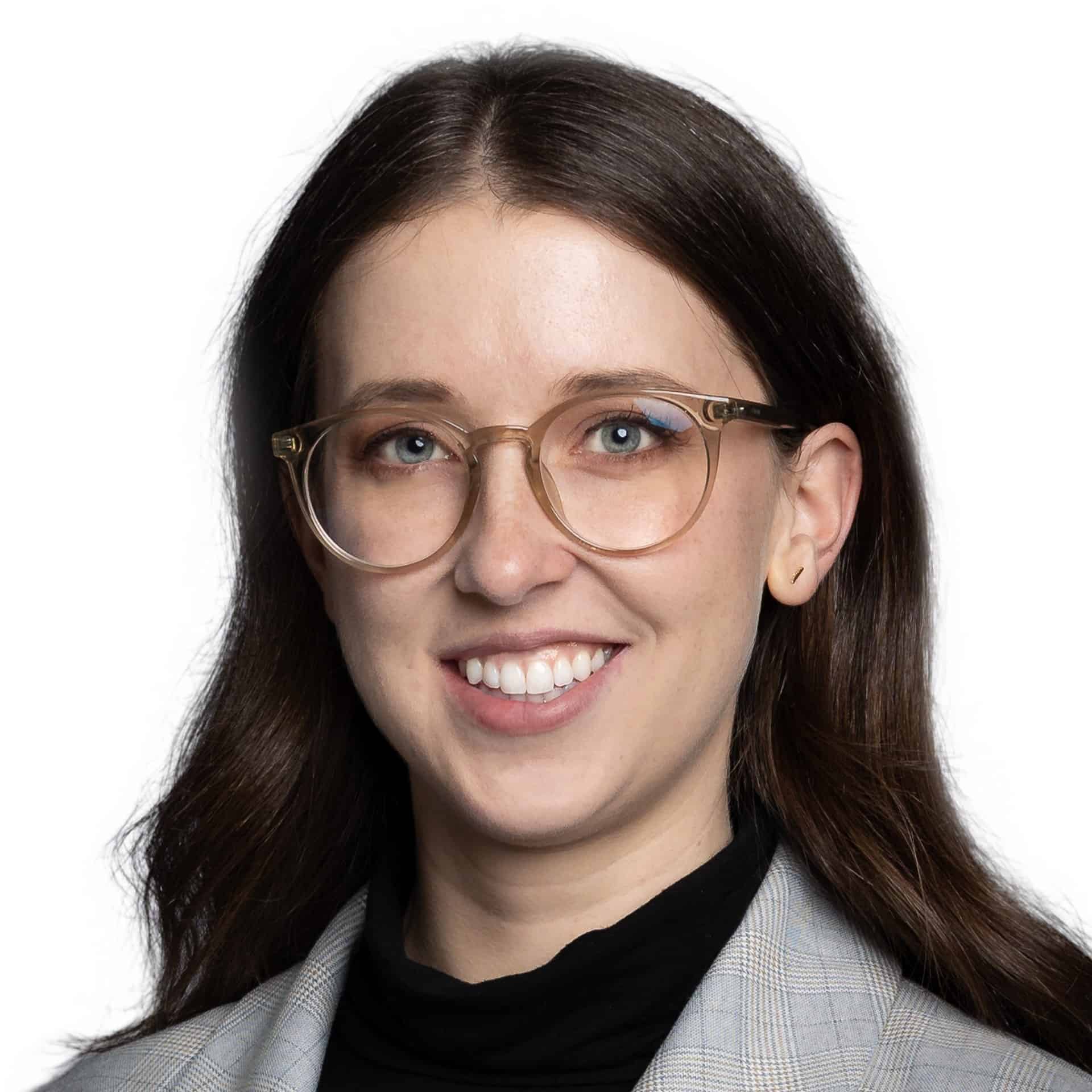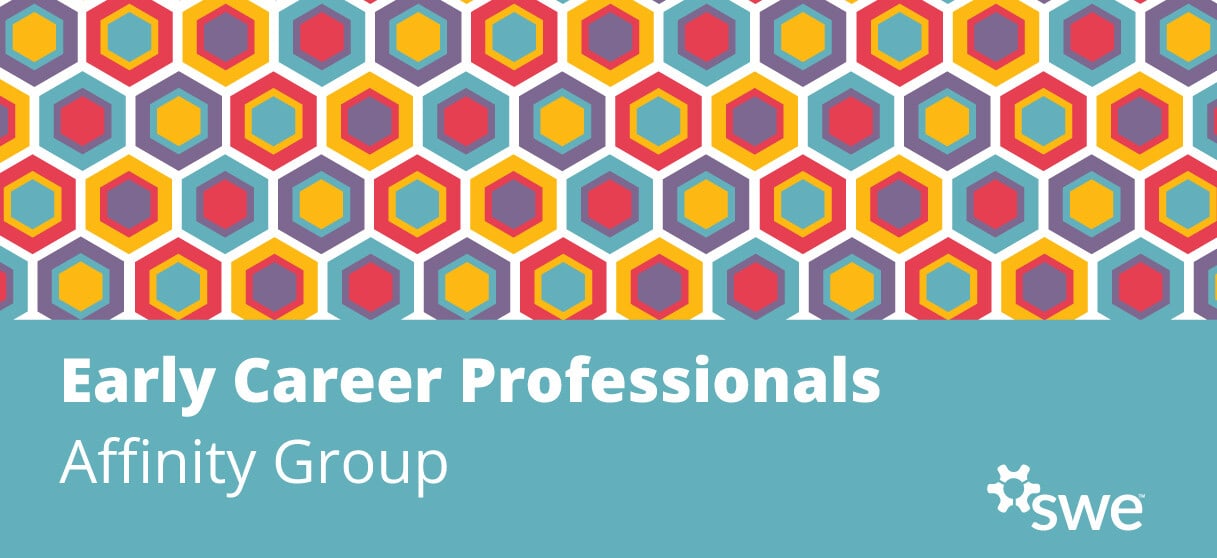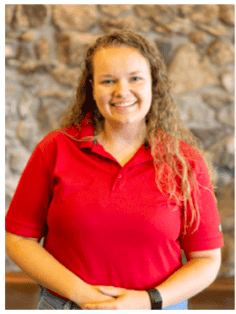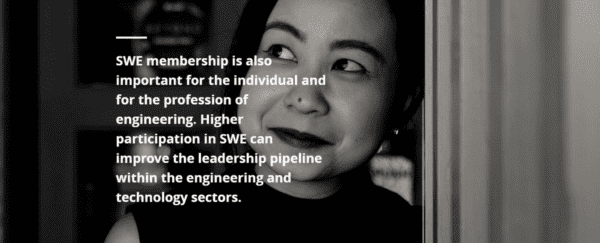Have you ever stumbled upon bits of wisdom that just clicked? They might not be profound or groundbreaking, but sometimes they resonate differently when you’re in the right headspace. Here are three pieces of advice that might not be groundbreaking, but are some things I wish I had heard earlier in my career.
1. Embrace the Power of Being a Beginner
The first thing I wish someone had told me sooner is “ask the dang question.” Being a beginner is a superpower. We often let the fear of looking inexperienced or “dumb” hold us back. As a woman in STEM, being the only woman in the room does not help. And it’s not just me — studies show that women generally tend to ask fewer questions than men in public and professional settings [1]. Remember, a lack of knowledge is not a lack of intelligence. Being afraid to ask a “dumb” question is an insult to yourself and your intelligence. By changing the way I think about questions, I found strength in acknowledging that I’m a beginner and owning it. Letting go of the shame that whispers, “You should already know this.” I empower myself to ask questions without hesitation as I build my wealth of knowledge. There’s no way you will ever know everything, so just ask the dang question.
2. Build Confidence Like a Sandcastle
The second thing I wish someone had told me sooner is, “You’ve done it before, you can do it again.” My new favorite way to think about confidence is inspired from the work of author Dr. Julie Smith, “Why Has Nobody Told Me This Before?” Remember the first sandcastle you ever built as a child? No? Me neither. I may not recall my first attempt, but take me to any beach, and I am sure I could craft a stellar sandcastle. No matter how long the time between sandcastle builds, I know I have done it before and I could do it again. Just like you can’t take those sandcastles home when it’s time to leave, you also can’t carry every skill, experience, or level of comfort from job to job. But do not let that stop you from taking on a new challenge or new project. Everyone starts with a clean slate (a new beach) at the beginning of a new job or assignment. Having confidence comes from remembering times you have succeeded in similar circumstances before, and it just gets better every time you put yourself in situations to practice again and again. Believe in your ability to adapt and learn. You have started from the beginning before, and you can do it again.
3. Change Your 10-Year Roadmap to a 10-Year Suggestion
The third thing I wish someone had told me sooner is, “In light of new information, you have the right to change your mind.” Any discussion about that dreaded 10-year roadmap used to put me in a tailspin, and I would guess I am not alone in that sentiment. The future is so unpredictable, especially in this day and age, and even more so for women. Women, who often bear the brunt of unpaid caregiving responsibilities [2], often have to consider their current or future responsibilities in their personal lives when thinking about their professional 10-year plan — even when those responsibilities are unexpected, like the COVID-19 pandemic. But if no one told you before (you high-achiever, breaking-barriers, butt-kicking engineer), here it is now — you can always change your mind. At any time. Whether reevaluating your career aspirations or pivoting personal responsibilities, you are allowed to change your mind and pursue what truly resonates with you or what works best for your current season of life. So shoot for the moon, and when that doesn’t seem like the right fit anymore, aim for Jupiter.
These nuggets of wisdom may not be revolutionary, but they have made a difference in how I think about my career. Embrace your beginner status, treat confidence like a sandcastle, and know that your 10-year plan is allowed to evolve.
Being an engineer is not easy, and being the “only” in the room can be taxing. But let me be the first to remind you, if you have not heard it in a while — you’re doing great, so keep on going!
References
[1] Why are women less likely to ask questions in public?
[2] Women and Caregiving During COVID-19
About SWE Early Career Professionals Affinity Group (ECP AG)
The mission of the SWE Early Career Professionals Affinity Group is to aid in the recruitment and development of early career professionals and to facilitate their engagement with and participation in SWE. By providing a forum for networking, professional development, and opportunities to promote diversity of thought, the ECP AG aims to empower early career professionals to succeed professionally and personally. Collegiate seniors, graduate students, and individuals in the first 10 years of their career are encouraged to join.
To learn about upcoming ECP AG events and activities, join the newsletter mailing list, Slack, and LinkedIn. If you are a SWE member, be sure to opt in to receiving ECP AG emails by logging into your member portal on swe.org > My Information > scroll down to Communication Preferences > click on Change in the right corner > ensure the checkbox is ticked next to “OPT IN Early Career Profession AG Emails” > Save.
Author
-

Madison Patrick (she/her/hers), a battery design engineer at Caterpillar Inc., is an accomplished engineer and a passionate advocate for environmentally sustainable technology. She is a leader in various professional organizations within Caterpillar Inc. and the Society of Women Engineers. She currently is the SWE Eastern North Carolina Secretary and is the SWE Early Career Professional AG’s Communication co-chair.






